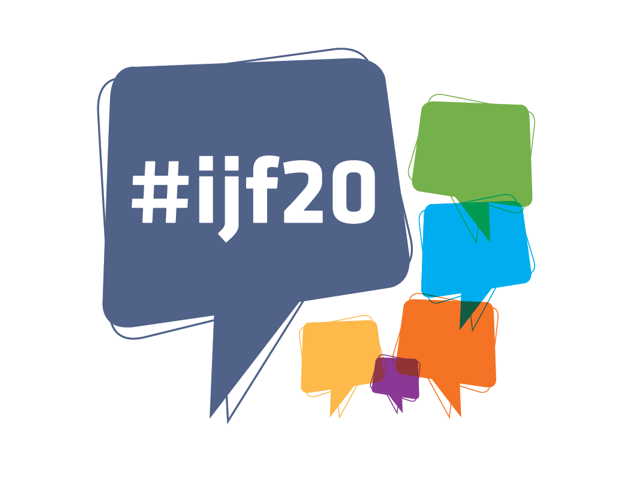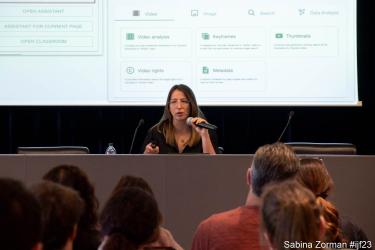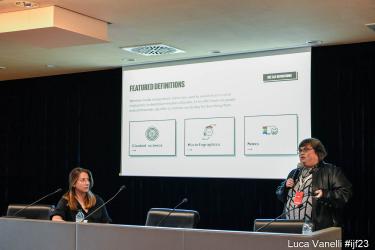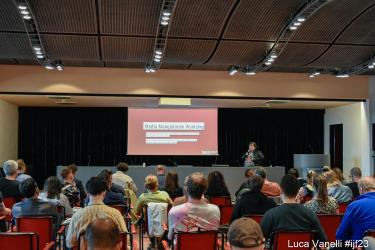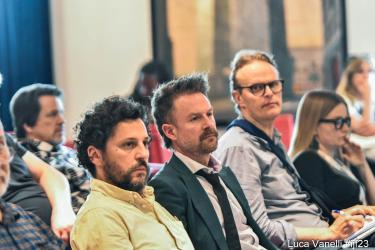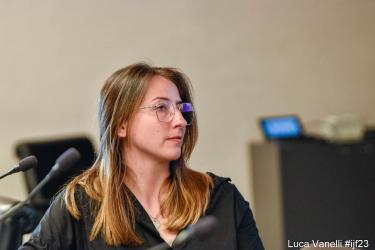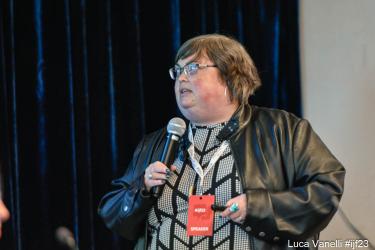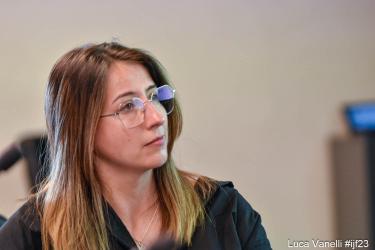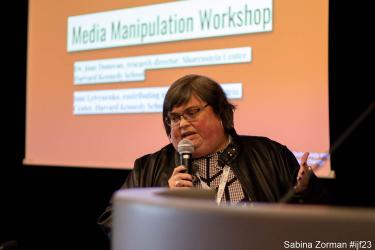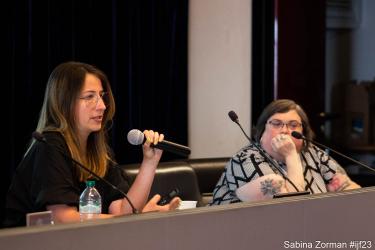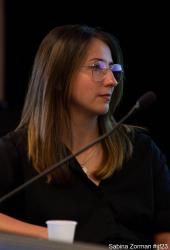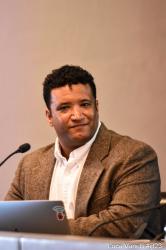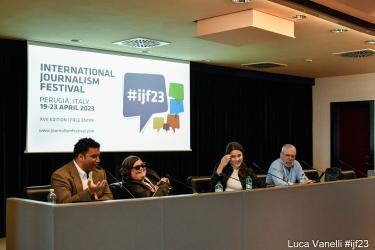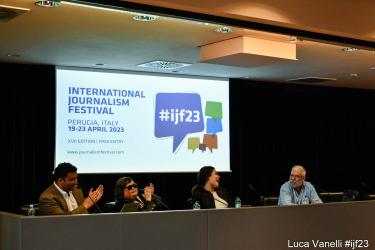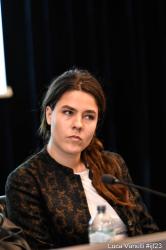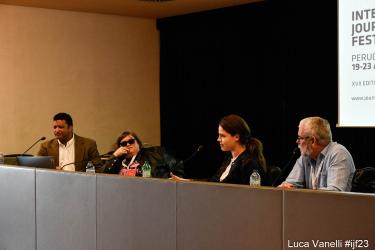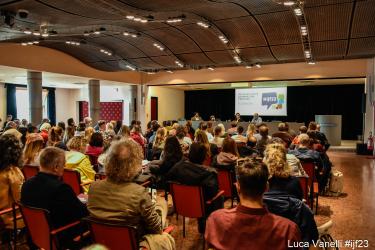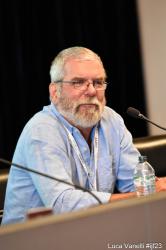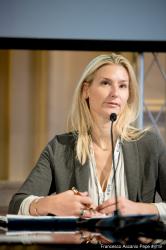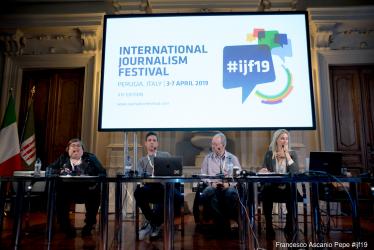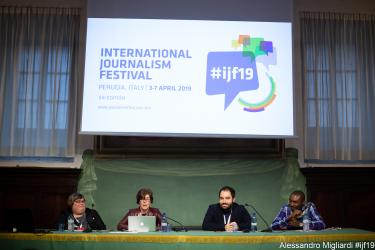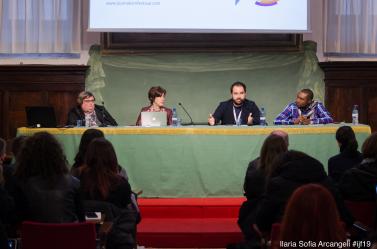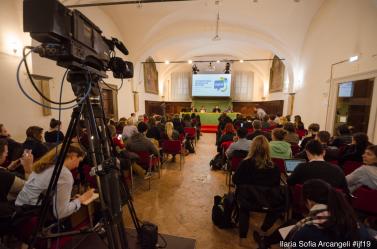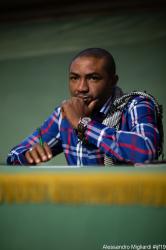Media manipulation campaigns globally continue to target elections, wars, and crises. There’s hardly a single country that has been unaffected by mis/disinformation and media manipulation. In this ...
Joan Donovan
research director Shorenstein Center Harvard UniversityThe internet, as we currently know it, is in the midst of a crucial pivot. For much of the past decade, online life has been dominated by a handful of powerful social media platforms–walled gardens ...
Deepfakes are expected to come broadly online in 2020, ushering in an era of confusion or worse – the complete collapse of trust in what we see and hear. What do news operation need to know? And how...
In this workshop, journalists will learn how to detect, document, and debunk media manipulation and disinformation campaigns using the methods of investigative ethnography. Participants will analyze a...
In this session we will discuss current research in the field, the role that journalists play in the amplification of misinformation, the evolution of tactics of media manipulators, and what open ques...
The ethical and social impact of technology, and the role of journalists and media in it. The session will consider what the social impacts and ethical implications are of new technologies such as ar...
Is quality information like quality nutrition? Can we map the building blocks of useful information online without further censorship? Is building a nutrition label for credible content a feasible con...
Countries across the world are dealing with an unprecedented influx of immigrants and refugees, with a record 258 million people moving to new countries in 2017. In most of these countries, citizens a...




